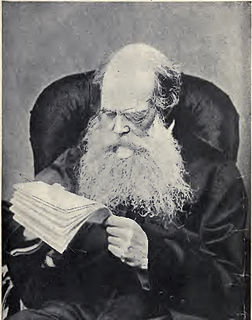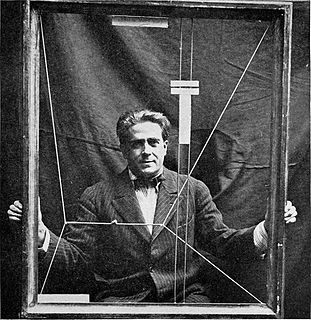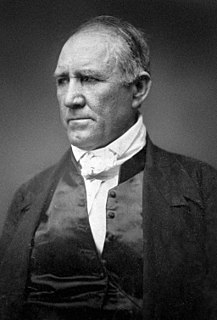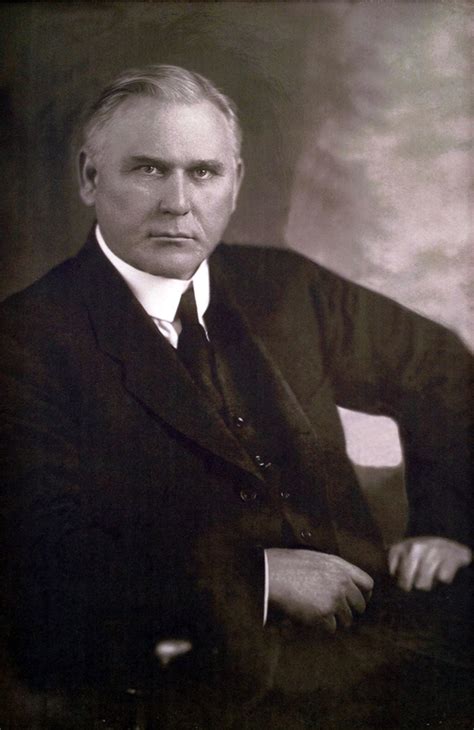A Quote by Wendell Phillips
No free people can lose their liberties while they are jealous of liberty. But the liberties of the freest people are in danger when they set up symbols of liberty as fetishes, worshipping the symbol instead of the principle it represents.
Related Quotes
Tree of Liberty: A tree set up by the people, hung with flags and devices, and crowned with a cap of liberty. The Americans of the United States planted poplars and other trees during the war of independence, "as symbols of growing freedom." The Jacobins in Paris planted their first tree of liberty in 1790. The symbols used in France to decorate their trees of liberty were tricoloured ribbons, circles to indicate unity, triangles to signify equality, and a cap of liberty. Trees of liberty were planted by the Italians in the revolution of 1848.
Can a free people restrain crime without sacrificing fundamental liberties and a heritage of compassion?... Let us show that we can temper together those opposite elements of liberty and restraint into one consistent whole. Let us set an example for the world of a law-abiding America glorying in its freedom as well as its respect for law.
A general dissolution of principles and manners will more surely overthrow the liberties of America than the whole force of the common enemy. While the people are virtuous they cannot be subdued; but when once they lose their virtue then will be ready to surrender their liberties to the first external or internal invader.
All of us in this country give lip service to the ideals set forth in the Bill of Rights and emphasized by every additional amendment, and yet when war is stirring in the world, many of us are ready to curtail our civil liberties. We do not stop to think that curtailing these liberties may in the end bring us a greater danger than the danger we are trying to avert.
A people may prefer a free government, but if by momentary discouragement or temporary panic, or a fit of enthusiasm for an individual, they can be induced to lay their liberties at the feet of even a great man, or trust him with powers to subvert their institutions, in all these cases they are unfit for liberty.
What we must remember, however, is that preservation of liberties does not depend on motives. A suppression of liberty has the same effect whether the suppressor be a reformer or an outlaw. The only protection against misguided zeal is constant alertness to infractions of the guarantees of liberty contained in our Constitution. Each surrender of liberty to the demands of the moment makes easier another, larger surrender. . .
FREEDOM CANNOT BE LICENSED, liberties cannot be regulated and rights cannot be granted. History teaches us that when the rights and liberties of a free people have restrictions upon them, they cease to be freedoms and rights. Instead, the government becomes like a king, bestowing privileges upon the chosen few and servitude upon everyone else.
Our contention is not for mere toleration, but for absolute liberty. There is a wide difference between toleration and liberty. Toleration implies that somebody falsely claims the right to tolerate. Toleration is a concession, while liberty is a right. Toleration is a matter of expediency, while liberty is a matter of principle.






































